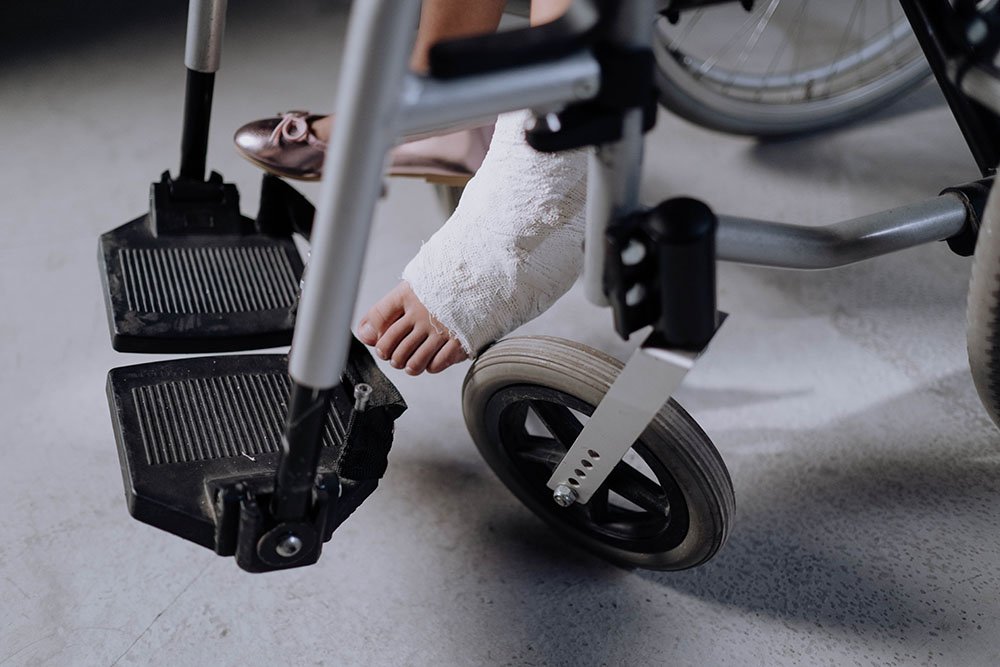Not only may accidents and personal injuries cause physical pain and mental anguish, but they can also result in unforeseen costs associated with medical treatment. When another person’s carelessness causes an injury, sufferers have the legal right to pursue financial compensation for their medical expenses. To guarantee that people do not have to shoulder the financial burden that is the consequence of the wrongdoing of another, they need to understand the possible channels for this kind of compensation.
Filing a Personal Injury Lawsuit
Navigating the aftermath of a personal injury can be daunting, especially when faced with mounting medical bills. Filing a personal injury lawsuit becomes a viable avenue to seek compensation for healthcare costs and other damages. Personal injury attorneys play a pivotal role in this process, guiding victims through the legal intricacies and advocating for their best interests. Their expertise ensures that all current and future medical expenses are accounted for in the claim. By taking this legal route, individuals can alleviate the financial burdens often accompanying injuries and focus on their recovery.
Utilizing Health Insurance
In many instances, people who have been injured due to the negligence of others may utilize their health insurance to pay for their emergency medical costs. With this strategy, you won’t have to worry about sudden out-of-pocket expenses. However, it is essential to be aware that after a lawsuit has been resolved, the insurance company has the right to subrogate a portion of the settlement to recoup the money they have spent on medical treatment. This is a procedure that is referred to as “subrogation.” It is necessary to be informed of the terms of one’s insurance and prospective liabilities to prevent unanticipated monetary surprises in the future. Before agreeing to any settlement, victims should confer with their attorneys to better understand the potential implications these insurance claims might have on the total amount they are awarded.
Med Pay Coverage in Auto Insurance
Many auto insurance policies offer a feature known as Medical Payments (Med Pay) coverage for injuries resulting from vehicular accidents. This provision pays for medical expenses regardless of who was at fault in the accident. It serves as a financial cushion, covering immediate healthcare costs. It can be a vital resource, especially if there’s a delay in settlement from the responsible party or they lack adequate insurance to cover the damages. However, it’s essential to understand the limits of Med Pay and ensure it doesn’t conflict with other insurance provisions or health coverage plans.
Structured Settlements
Structured settlements are an option when a personal injury lawsuit involves significant money. Instead of a lump sum, the responsible party or insurer agrees to make regular payments over time, just like how Ezypay provide direct debits for gyms. This approach ensures a consistent stream of funds to manage long-term medical care or rehabilitation costs, providing victims with peace of mind about future expenses. It also reduces the risk of mismanaging a large sum of money in a short period. Moreover, structured settlements may offer tax advantages depending on the jurisdiction, allowing the recipient to maximize the funds received.
Negotiating Directly with Healthcare Providers
There are situations when it may be possible to negotiate the cost of one’s medical expenses directly with the providers of that service. It’s not uncommon for medical facilities like hospitals and clinics to be eager to negotiate payment terms, particularly when they know a personal injury lawsuit is in the works. They could even accept a lesser sum if the circumstances are right. If one can establish that they are having financial difficulties, open communication with the other party may result in more reasonable payment conditions or reductions. Even if diplomacy and, at times, the ability to negotiate are required, this option should at least be considered, particularly for people who do not have instant access to finances or insurance coverage.
Conclusion
Addressing healthcare costs after a personal injury demands a multi-faceted approach. Victims have several tools to manage these unexpected expenses, from legal actions to direct negotiations. Ensuring one is well-informed about these options can mitigate financial stress, allowing the injured party to focus on recovery and healing.
















